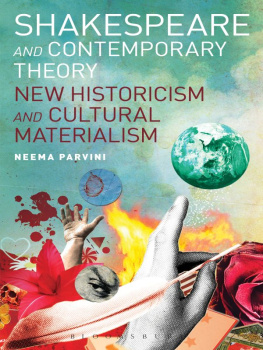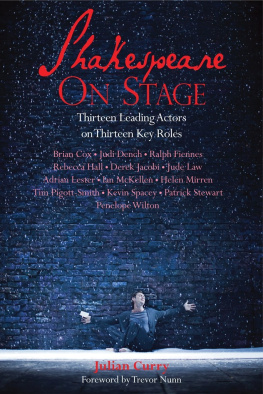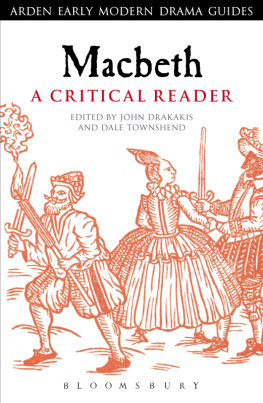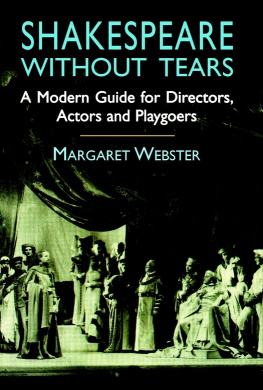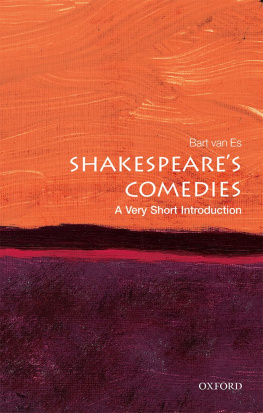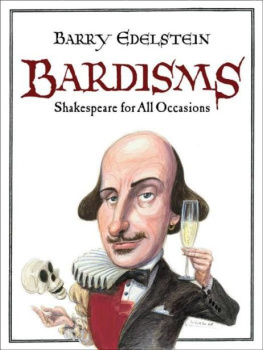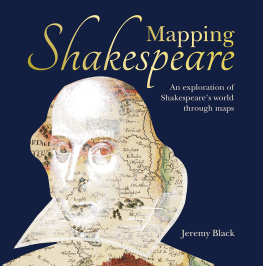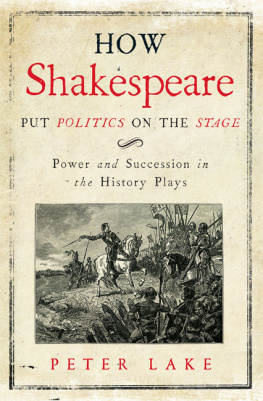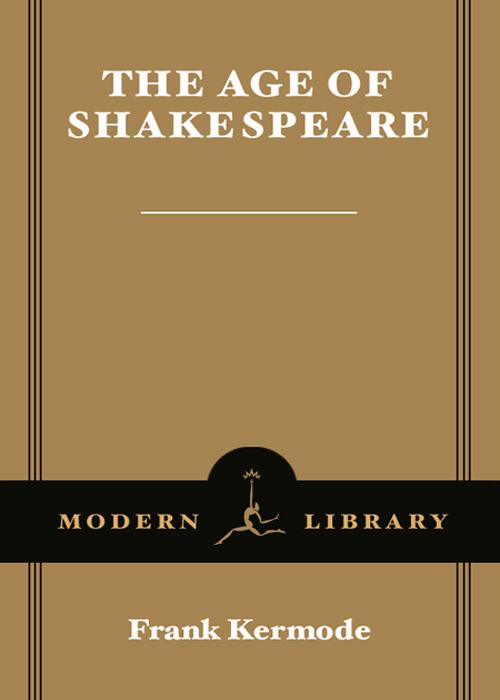
FRANK KERMODE
T HE A GE OF
S HAKESPEARE

A MODERN LIBRARY CHRONICLES BOOK
THE MODERN LIBRARY
NEW YORK
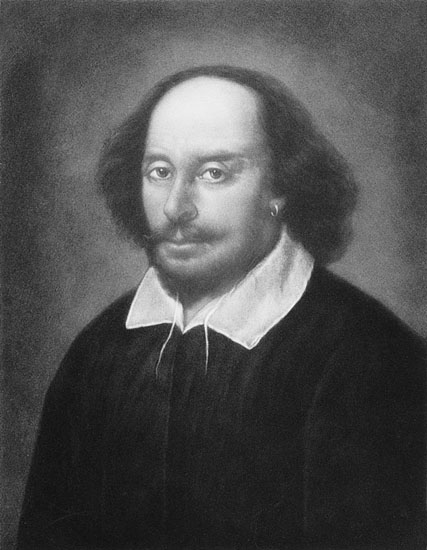
CONTENTS
Modern Library Chronicles
KARENARMSTRONG on Islam
DAVIDBERLINSKI on mathematics
RICHARDBESSEL on Nazi Germany
ALANBRINKLEY on the Great Depression
IANBURUMA on modern Japan
PATRICKCOLLINSON on the Reformation
JAMESDAVIDSON on the Golden Age of Athens
SEAMUSDEANE on the Irish
FELIPEFERNNDEZ-ARMESTO on the Americas
LAWRENCEM. FRIEDMAN on law in America
PAULFUSSELL on World War II in Europe
MARTINGILBERT on the Long War, 19141945
PETERGREEN on the Hellenistic Age
JANT. GROSS on the fall of Communism
ALISTAIRHORNE on the age of Napoleon
PAULJOHNSON on the Renaissance
TONYJUDT on the Cold War
FRANKKERMODE on the age of Shakespeare
JOELKOTKIN on the city
HANSKNG on the Catholic Church
EDWARDJ. LARSON on the theory of evolution
BERNARDLEWIS on the Holy Land
FREDRIKLOGEVALL on the Vietnam War
MARKMAZOWER on the Balkans
JOHNMICKLETHWAIT ANDADRIANWOOLDRIDGE on the company
ROBERTMIDDLEKAUFF on the Gilded Age
PANKAJMISHRA on the rise of modern India
ANTHONYPAGDEN on peoples and empires
RICHARDPIPES on Communism
COLINRENFREW on prehistory
JOHNRUSSELL on the museum
CHRISTINESTANSELL on feminism
KEVINSTARR on California
ALEXANDERSTILLE on fascist Italy
CATHARINER. STIMPSON on the university
NORMANSTONE on World War I
MICHAELSTRMER on the German Empire
STEVENWEINBERG on science
A. N. WILSON on London
ROBERTS. WISTRICH on the Holocaust
GORDONS. WOOD on the American Revolution
JAMESWOOD on the novel

THE AGE OF
SHAKESPEARE
PROLOGUE: THE AGE OF SHAKESPEARE
O ne remarkable aspect of the period we know as Elizabethan (sometimes, for convenience, the term may be extended to cover the earlier part of the Jacobean period) was the development of a professional drama.
The venues of earlier popular drama had been makeshift, as when inn-yards were adapted for use as theaters, but in the later years of the sixteenth century London acquired purpose-built theaters that could accommodate audiences of up to three thousand. These theaters were owned mostly by men who formed companies with structures not wholly unlike those of the old craft guilds, though Shakespeares company was somewhat apart from the others, since in time the members of the company came to own the theaters as well as the plays. The sharers commissioned the plays, owned them, acted in them, and, in the case of Shakespeare, wrote them. Some of the partners, including Shakespeare, became men of substance, property owners with handsome incomes, but that was a later development; in the early part of Elizabeths reign, theatrical performers were still thought of as tumblers, strolling players, vagabonds.
At a time when most poets had to depend for their living on aristocratic patronage, often grudgingly provided, the theaters of London, with their huge appetite for plays, gave many of them employment as dramatists. They often worked in haste, and with collaboratorsoccasionally a different writer for each of the five acts of a play. How many plays were written in the relevant period cannot be exactly known; G. K. Hunter, the best authority, says that between 1558 and 1642 there were about three thousand, of which six hundred fifty have survived. It is an old story that many were destroyed in the eighteenth century by a cook in the employ of the scholar Bishop William Warburton, who used them to make pies. It is the figure of three thousand that is important, and if it is roughly correct we can say that plays were written at the rate of about thirty-six a yearor more, if one allows for the fact that the theaters were closed for quite long periods.
It seems clear that in a time when new styles of commerce were being developed in the burgeoning London finance and commodity markets, this was another new kind of business. The pay was quite good, and more certain than the vagaries of patrons. The companies were not entirely self-regulating; indeed, it was possible to carry on this business only under the protection of a nobleman, a court official. The need of protection was real, if only because the City of London was an inveterate enemy of the players. Consequently, the theaters had a unique social situation. They had to please the multitude yet avoid upsetting potentates at court who scrutinized their texts. With the hostile City they had to deal cautiously, for the City authorities disliked them, not only out of a puritanical mistrust of plays but also because these authorities had to deal with occasionally troublesome audiences and with traffic congestion outside the theaters.
Next page


